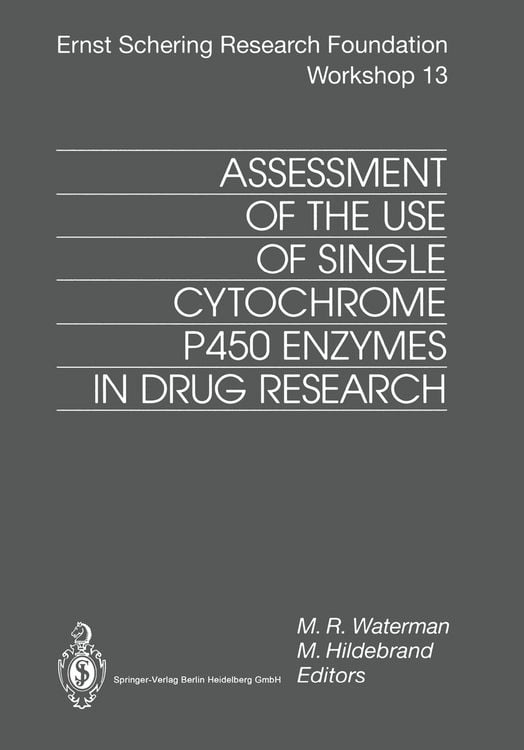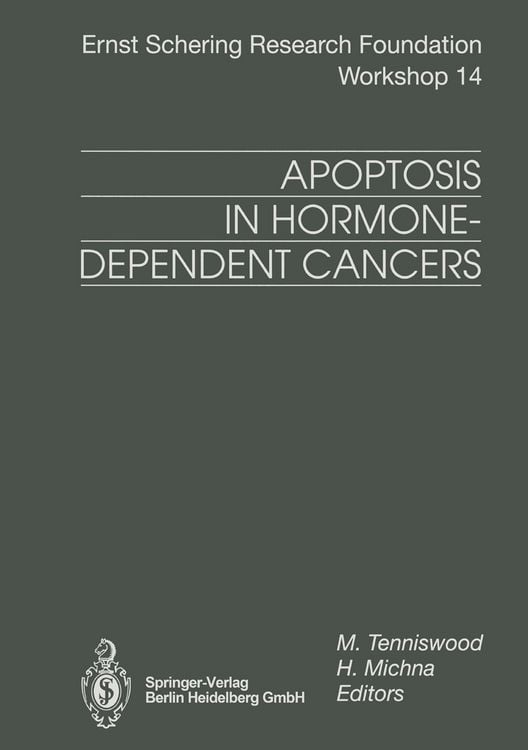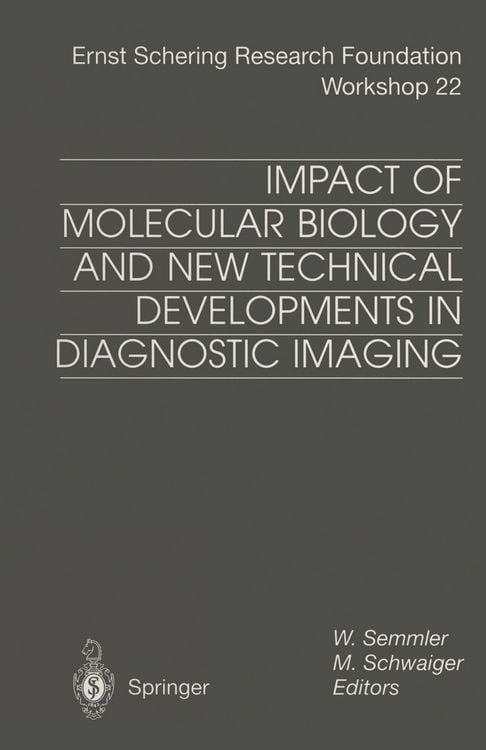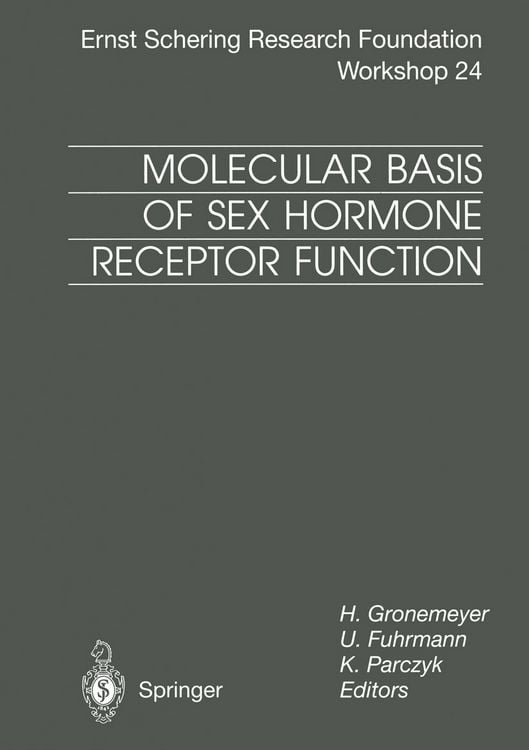EGF Receptor in Tumor Growth and Progression
-
- Taschenbuch ausgewählt
- eBook
-
Sprache:Englisch
49,99 €
inkl. MwSt,
Lieferung nach Hause
Beschreibung
Details
Einband
Taschenbuch
Erscheinungsdatum
18.04.2014
Herausgeber
R.B. Lichtner + weitereVerlag
Springer BerlinSeitenzahl
258
Maße (L/B/H)
21/14,8/1,6 cm
Gewicht
349 g
Auflage
Softcover reprint of the original 1st ed. 1997
Sprache
Englisch
ISBN
978-3-662-03393-7
Weitere Bände von Ernst Schering Foundation Symposium Proceedings
-
Assessment of the Use of Single Cytochrome P450 Enzymes in Drug Research von M.R. Waterman
 Band 13
Band 13M.R. Waterman
Assessment of the Use of Single Cytochrome P450 Enzymes in Drug ResearchBuch
49,99 €
-
Apoptosis in Hormone-Dependent Cancers von Martin Tenniswood
 Band 14
Band 14Martin Tenniswood
Apoptosis in Hormone-Dependent CancersBuch
49,99 €
-
Computer Aided Drug Design in Industrial Research von E.C. Herrmann
 Band 15
Band 15E.C. Herrmann
Computer Aided Drug Design in Industrial ResearchBuch
49,99 €
-
Organ-Selective Actions of Steroid Hormones von D.T. Baird
 Band 16
Band 16D.T. Baird
Organ-Selective Actions of Steroid HormonesBuch
49,99 €
-
Alzheimer’s Disease von J.D. Turner
 Band 17
Band 17J.D. Turner
Alzheimer’s DiseaseBuch
49,99 €
-
The Endometrium as a Target for Contraception von Henning Martin Beier
 Band 18
Band 18Henning Martin Beier
The Endometrium as a Target for ContraceptionBuch
49,99 €
-
EGF Receptor in Tumor Growth and Progression von R.B. Lichtner
 Band 19
Band 19R.B. Lichtner
EGF Receptor in Tumor Growth and ProgressionBuch
49,99 €
-
Cellular Therapy von H. Wekerle
 Band 20
Band 20H. Wekerle
Cellular TherapyBuch
49,99 €
-
Nitric Oxide, Cytochromes P450, and Sexual Steroid Hormones von Jack R. Jr. Lancaster
 Band 21
Band 21Jack R. Jr. Lancaster
Nitric Oxide, Cytochromes P450, and Sexual Steroid HormonesBuch
49,99 €
-
Impact of Molecular Biology and New Technical Developments in Diagnostic Imaging von W. Semmler
 Band 22
Band 22W. Semmler
Impact of Molecular Biology and New Technical Developments in Diagnostic ImagingBuch
97,99 €
-
Excitatory Amino Acids von Peter H. Seeburg
 Band 23
Band 23Peter H. Seeburg
Excitatory Amino AcidsBuch
49,99 €
-
Molecular Basis of Sex Hormone Receptor Function von Hinrich Gronemeyer
 Band 24
Band 24Hinrich Gronemeyer
Molecular Basis of Sex Hormone Receptor FunctionBuch
49,99 €
Unsere Kundinnen und Kunden meinen
Verfassen Sie die erste Bewertung zu diesem Artikel
Helfen Sie anderen Kund*innen durch Ihre Meinung
Kurze Frage zu unserer Seite
Vielen Dank für dein Feedback
Wir nutzen dein Feedback, um unsere Produktseiten zu verbessern. Bitte habe Verständnis, dass wir dir keine Rückmeldung geben können. Falls du Kontakt mit uns aufnehmen möchtest, kannst du dich aber gerne an unseren Kund*innenservice wenden.
zum Kundenservice